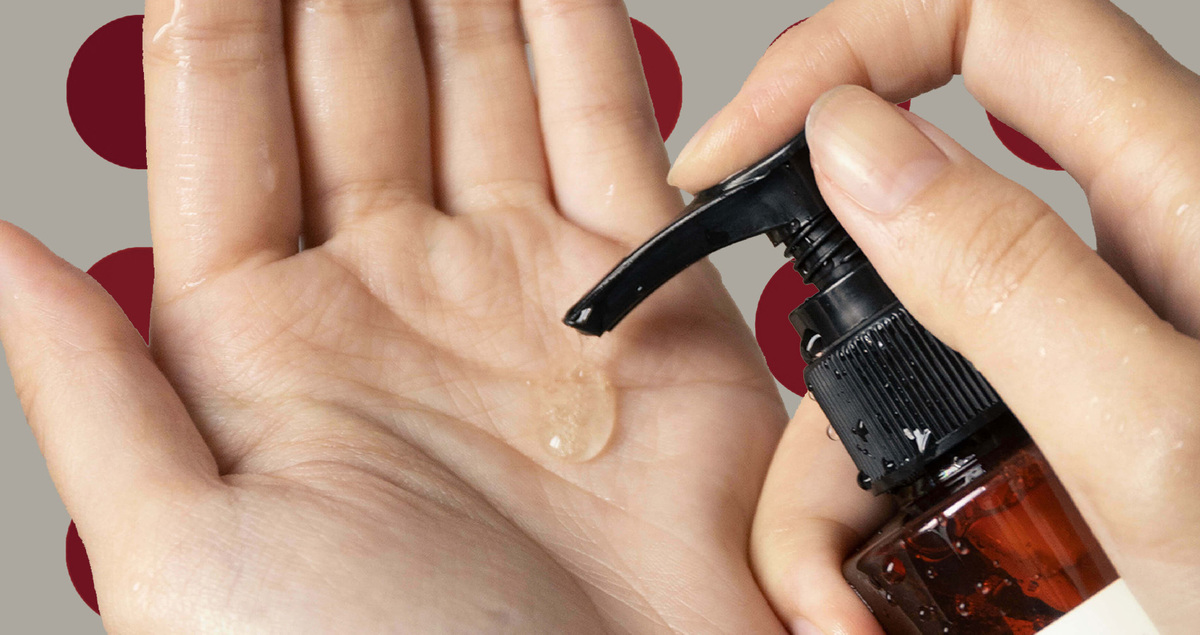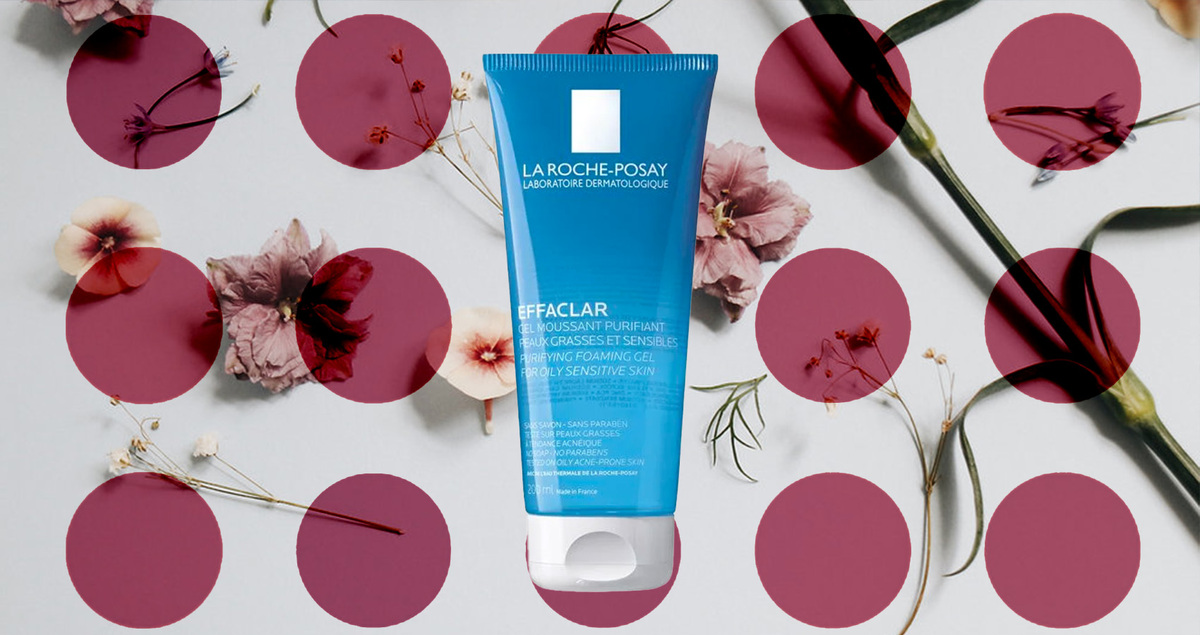
How To Deal with Sensitive Skin: 8 Tips
Simple tips to soothe and protect your sensitive skin naturally.
Sensitive skin is a common condition that makes the skin more reactive to environmental factors and skincare products. Triggers like harsh chemicals, fragrances, extreme weather, or even stress can lead to redness, itching, or irritation. Understanding how to manage sensitive skin is essential for preventing discomfort and long-term damage. Proper skincare tailored to your skin’s needs not only soothes irritation but also helps maintain a healthy, balanced complexion.
In this article, we’ll share eight effective tips to help you care for sensitive skin and keep it looking its best.
1. Use Gentle Cleansers

One of the most crucial steps in caring for sensitive skin is choosing the right cleanser. Harsh ingredients like sulfates can strip your skin of its natural oils, leaving it dry and irritated. Opt for mild, pH-balanced cleansers that are formulated specifically for sensitive skin. These cleansers are less likely to cause adverse reactions and can help soothe and protect your skin.
If you're unsure about which cleanser to choose, consult with a dermatologist for personalized recommendations. They can assess your skin's specific needs and suggest products that are best suited for you.
2. Moisturize Regularly

Keeping your skin hydrated is essential for maintaining a healthy skin barrier. A compromised skin barrier can make your skin more susceptible to irritation and sensitivity. Choose a fragrance-free, hypoallergenic moisturizer that is specifically designed for sensitive skin. Apply it immediately after cleansing while your skin is still damp to lock in moisture.
Regular moisturizing can help alleviate dryness, itchiness, and redness associated with sensitive skin. It can also improve your skin's overall texture and appearance.
3. Avoid Fragrances and Dyes

Fragrances and dyes are common ingredients found in many skincare products. However, these additives can be particularly irritating for those with sensitive skin. Fragrances can cause allergic reactions and skin sensitivities, while dyes can contribute to redness and inflammation.
When choosing skincare products, look for labels that say 'fragrance-free' or 'dye-free.' These products are less likely to trigger adverse reactions and can be gentler on your skin.
4. Wear Sunscreen

Sensitive skin is more prone to sun damage, which can lead to sunburn, premature aging, and even skin cancer. Protecting your skin from harmful UV rays is crucial for maintaining its health and appearance.
Choose a broad-spectrum sunscreen with an SPF of at least 30. Look for mineral-based sunscreens containing zinc oxide or titanium dioxide, as these are generally less irritating for sensitive skin. Apply sunscreen generously to all exposed areas of skin before going outdoors, and reapply every two hours or more frequently if you're swimming or sweating.
5. Be Careful with Exfoliation

While exfoliation can help remove dead skin cells and improve skin texture, it's important to do it gently, especially if you have sensitive skin. Over-exfoliation can irritate your skin and worsen sensitivity.
Choose mild exfoliants like chemical exfoliants containing alpha-hydroxy acids (AHAs) or beta-hydroxy acids (BHAs), or physical exfoliants with fine granules. Use these products once or twice a week, depending on your skin's tolerance.
Always patch test new products on a small area of skin before applying them to your entire face. If you experience any irritation or redness, discontinue use and consult with a dermatologist.
6. Opt for Lukewarm Water
Hot water can strip your skin of its natural oils, leaving it dry and irritated. This can be especially harmful for those with sensitive skin. Instead of using hot water, opt for lukewarm water when washing your face and taking showers. This will help to maintain your skin's moisture barrier and reduce irritation.
7. Use Soft Fabrics
The fabrics you choose for your clothing and bedding can also impact your skin's health. Rough fabrics like wool or synthetic materials can irritate sensitive skin and cause itching or redness. Opt for soft, breathable fabrics like cotton or silk. These materials are less likely to cause adverse reactions and can help your skin stay comfortable.
8. Manage Stress

Stress can have a significant impact on your skin's health. When you're stressed, your body releases hormones that can trigger flare-ups of sensitive skin. This can lead to increased redness, itching, and dryness.
To manage stress and improve your skin's condition, incorporate relaxation techniques into your daily routine. Some effective methods include:
- Deep breathing exercises: Take slow, deep breaths, focusing on expanding your lungs and calming your mind.
- Meditation: Find a quiet space and practice mindfulness, focusing on the present moment and letting go of worries.
- Yoga: Gentle yoga poses can help relax your body and reduce stress.
- Spending time in nature: Spending time outdoors can have a calming effect on the mind and body.
- Getting enough sleep: Aim for 7-9 hours of quality sleep each night to help your body recover from stress.
By managing stress, you can improve your overall well-being and reduce the symptoms of sensitive skin.
Conclusion: Embrace Your Sensitive Skin
Living with sensitive skin can be challenging, but with the right care and attention, you can effectively manage your condition and enjoy a healthy, comfortable complexion. Remember, every person's skin is unique, and what works for one person may not work for another. If you have persistent or severe skin sensitivity, it's important to consult with a dermatologist for personalized advice and treatment.











